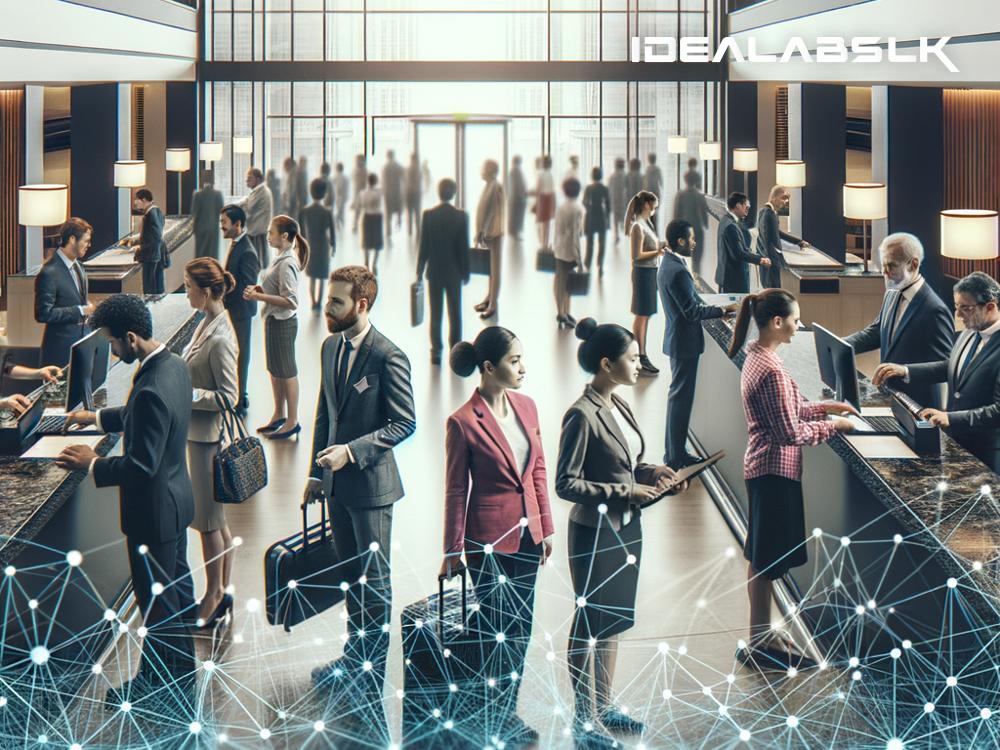How Predictive AI is Revolutionizing Hotel Management
In the fast-paced world of hospitality, staying ahead is key to success. That's where Predictive AI steps into the spotlight, transforming hotel management from a reactive task into a proactive strategy. This innovative tool is no longer the stuff of science fiction but a reality that’s reshaping how hotels operate. So, let’s unpack this in simple English and see just how Predictive AI works its magic in the world of hotel management.
What is Predictive AI?
Before we dive into its application, let’s clarify what Predictive AI actually is. Imagine having a crystal ball that could give you hints about the future. Predictive AI is the technological equivalent, using algorithms and machine learning to analyze data and make educated guesses about what might happen next. This isn’t about fortune telling but making informed predictions based on patterns and trends.
Predictive AI in Action: A Hotel’s Best Friend
In the hotel industry, success doesn’t just hinge on providing a bed for the night; it’s about delivering exceptional experiences, optimizing operations, and maximizing profitability. Predictive AI steps in as a multifaceted tool that helps hotels anticipate guest needs, streamline operations, and boost revenues. Here’s how:
-
Personalized Guest Experiences: Every guest wants to feel special, and Predictive AI allows hotels to tailor services and offers to individual preferences. By analyzing past behavior, AI can predict what amenities or services a guest might prefer, from room type to dining preferences. This personal touch not only delights guests but also encourages loyalty.
-
Dynamic Pricing Strategy: Much like airlines, hotels benefit from adjusting their prices based on demand. Predictive AI examines historical data, booking trends, local events, and even weather forecasts to recommend optimal pricing. This dynamic approach ensures competitive pricing that maximizes occupancy and revenue.
-
Efficient Resource Management: Predictive AI optimizes everything from energy consumption to staffing needs. By forecasting busy periods, hotels can adjust staffing levels accordingly, ensuring guests receive prompt service without overburdening the payroll. Similarly, predicting lower occupancy rates can help reduce energy use in unoccupied rooms, saving costs and the environment.
-
Preventive Maintenance: Rather than waiting for something to break down, Predictive AI identifies patterns that suggest potential failures in systems or machinery. This foresight allows hotels to address issues before they impact guests, ensuring smooth operations and reducing unexpected expenses.
-
Enhancing Marketing Efforts: Through analysis of guest data and market trends, Predictive AI can identify the most effective channels and messages for marketing campaigns. This targeted approach not only increases bookings but does so in a cost-effective manner, ensuring a higher return on investment.
The Human Touch
While Predictive AI offers numerous advantages, it’s important to remember that it doesn’t replace the human element. Instead, it enhances the capabilities of the hotel staff. By automating data analysis and routine tasks, employees can focus on providing exceptional service that no machine can replicate. Predictive AI is a tool; the hospitality industry thrives on personal interactions and experiences.
Embracing the Future
Incorporating Predictive AI into hotel management may seem daunting, but it’s an investment in the future. As technology advances, so do the expectations of guests. Hotels that embrace these innovations position themselves as leaders, offering unparalleled experiences while operating efficiently and profitably.
Conclusion
Predictive AI is more than just technology; it’s a strategic partner for hotels dedicated to excellence. By providing insights into guest preferences, optimizing prices, managing resources effectively, aiding in preventive maintenance, and refining marketing strategies, Predictive AI empowers hotels to not just meet but exceed expectations.
As we move forward, the integration of Predictive AI in hotel management will become increasingly essential. It’s about turning data into insights, insights into action, and action into satisfaction and success. For hotels, the future isn’t just arriving; it’s here, and it’s powered by Predictive AI. Embracing this change isn’t just about keeping up; it’s about leading the way in the hospitality industry.

